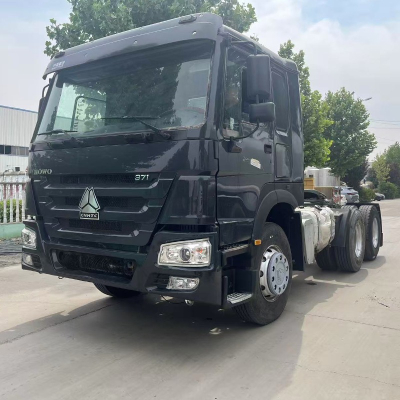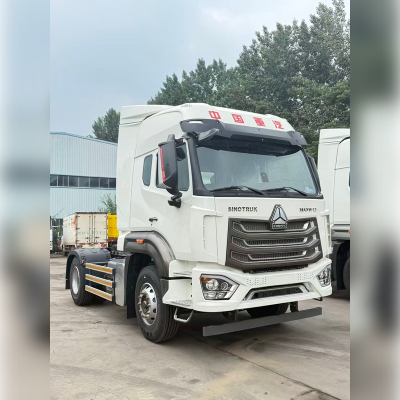How the Deployment of Concrete Mixer Trucks Accelerates Infrastructure Construction Timelines
In the contemporary construction industry, where time management is a critical determinant of project success, technological innovations have played a transformative role. Among these advancements, the utilization of concrete mixer trucks stands out as a particularly impactful development. These specialized vehicles not only enhance operational efficiency but are instrumental in expediting infrastructure-related construction activities.
The Significance of Concrete Mixer Trucks in Today’s Construction Landscape
Concrete mixer trucks are engineered to blend cement with aggregates—such as sand or gravel—and water, producing a homogenous concrete mixture. This mix is transported directly to building sites in a state ready for application. The rotating drum mounted on the truck prevents the concrete from setting during transit by maintaining continuous agitation. This feature is particularly vital for infrastructure projects where prompt access to high-quality concrete is non-negotiable.
Enhancing Productivity and Reducing Construction Duration
One of the most compelling reasons for adopting concrete mixer trucks in large-scale developments lies in their ability to substantially improve time efficiency. Conventional on-site concrete preparation demands significant manual labor and consumes considerable time. Conversely, mixer trucks streamline this process by supplying ready-mixed concrete in large volumes, thereby removing the need for on-location batching. This not only expedites the workflow but also decreases manpower requirements and minimizes potential errors in mixture proportions.
Assuring Uniform Quality and Structural Reliability
Another key advantage is the superior consistency and control over concrete quality offered by these vehicles. The automated mixing process ensures that every batch of concrete maintains a uniform composition—an essential criterion for structural durability and safety. In infrastructure works, where even minor inconsistencies can have major repercussions, the dependability of mixer trucks becomes an invaluable asset.
Operational Flexibility Across Diverse Conditions
The versatility of concrete mixer trucks also deserves attention. These vehicles are capable of maneuvering through complex site conditions and delivering materials to otherwise inaccessible zones. Whether deployed in the construction of transportation networks, urban high-rises, or remote civil engineering projects, their adaptability significantly improves logistical efficiency and project execution.
Environmental and Economic Considerations
The adoption of mixer trucks contributes to more sustainable construction practices. By minimizing the frequency of material transport and reducing on-site spillage or waste, these vehicles lessen the environmental impact. From a financial perspective, the reduction in labor, time, and resource consumption translates into meaningful cost savings, thereby enhancing the economic feasibility of infrastructure investments.
Conclusion
In summary, concrete mixer trucks represent a cornerstone of modern infrastructure development strategies. Their ability to deliver consistent, high-quality concrete in a timely and efficient manner not only shortens construction schedules but also enhances overall project outcomes. As the global demand for rapid and resilient infrastructure continues to rise, the strategic deployment of mixer trucks will remain essential to meeting the engineering and logistical challenges of the future.













